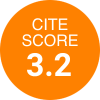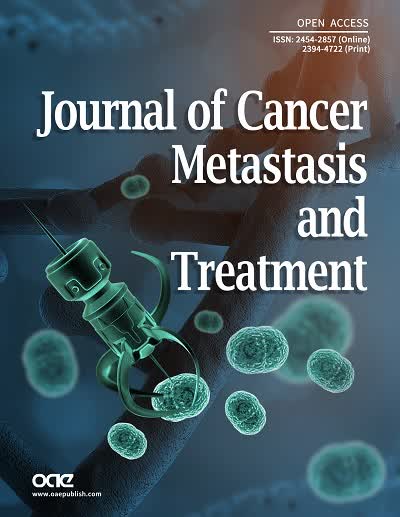Introduction to this special issue - “Autophagy and Cancer: current biology and drug development”
It is my pleasure, as one of the editorial board members, to introduce the readers of JCMT to this special issue entitled “Autophagy and Cancer: current biology and drug development”.
Autophagy is a fundamental process for cells to degrade unwanted proteins/damaged organelles and also to recycle cellular components. Since its discovery on 1960’s, a vast amount of effort has been made in understanding the physiological role/s of this process. For example, it is now known that mitosis, apoptosis, and autophagy are inter-connected and inter-regulated in cells[1]. It is also known that upregulation of autophagy is a double-edged sword that promotes both cell survival and cell death, depending on the circumstances. However, the pathological role/s of autophagy in normal-to-cancer cell transformation, tumor development, and tumor drug resistance was not clear until the arrival of various breakthrough discoveries in the past 15 years. Noticeably, it has been demonstrated that dysregulation of autophagy (and probably downregulation) induces genomic instability in non-cancerous cells and subsequently promotes tumorigenesis[2]. In contrast, upregulation of autophagy has been shown to enhance the survival ability of cancer cells in response to various micro-environmental stresses and different chemotherapeutic agents[3]. Therefore, autophagy is currently a “hot” cellular pathway target for the development of cancer therapeutics[4-7].
This special issue contains reviews focusing on recent understandings on the regulation of autophagy in non-cancerous cells and dysregulation of this process in cancer cells. Reviews on recent advances in the development of autophagy modulators for cancer treatment are also included in this special issue.
Declarations
Authors’ contributionsManuscript drafting: Cheung CHA.
Availability of data and materialsNot applicable.
Financial support and sponsorshipNone.
Conflicts of interestAll authors declared that there are no conflicts of interest.
Ethical approval and consent to participateNot applicable.
Consent for publicationNot applicable.
Copyright© The Author(s) 2019.
REFERENCES
1. Thorburn A. Apoptosis and autophagy: regulatory connections between two supposedly different processes. Apoptosis 2008;13:1-9.
2. Brech A, Ahlquist T, Lothe RA, Stenmark H. Autophagy in tumour suppression and promotion. Mol Oncol 2009;3:366-75.
3. Prieto-Domínguez N, Ordóñez R, Fernández A, García-Palomo A, Muntané J, et al. Modulation of Autophagy by Sorafenib: Effects on Treatment Response. Front Pharmacol 2016;7:151.
4. Duffy A, Le J, Sausville E, Emadi A. Autophagy modulation: a target for cancer treatment development. Cancer Chemother Pharmacol 2015;75:439-47.
5. Janji B, Berchem G, Chouaib S. Targeting Autophagy in the Tumor Microenvironment: New Challenges and Opportunities for Regulating Tumor Immunity. Front Immunol 2018;9:887.
6. Lee JYC, Kuo CW, Tsai SL, Cheng SM, Chen SH, et al. Inhibition of HDAC3- and HDAC6-Promoted Survivin Expression Plays an Important Role in SAHA-Induced Autophagy and Viability Reduction in Breast Cancer Cells. Front Pharmacol 2016;7:81.
Cite This Article
How to Cite
Cheung, C. H. A. Introduction to this special issue - “Autophagy and Cancer: current biology and drug development”. J. Cancer. Metastasis. Treat. 2019, 5, 60. http://dx.doi.org/10.20517/2394-4722.2018.74
Download Citation
Export Citation File:
Type of Import
Tips on Downloading Citation
Citation Manager File Format
Type of Import
Direct Import: When the Direct Import option is selected (the default state), a dialogue box will give you the option to Save or Open the downloaded citation data. Choosing Open will either launch your citation manager or give you a choice of applications with which to use the metadata. The Save option saves the file locally for later use.
Indirect Import: When the Indirect Import option is selected, the metadata is displayed and may be copied and pasted as needed.
About This Article
Special Issue
Copyright
Data & Comments
Data


















Comments
Comments must be written in English. Spam, offensive content, impersonation, and private information will not be permitted. If any comment is reported and identified as inappropriate content by OAE staff, the comment will be removed without notice. If you have any queries or need any help, please contact us at support@oaepublish.com.